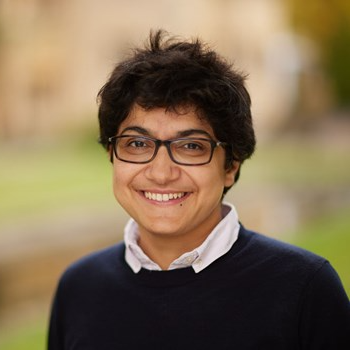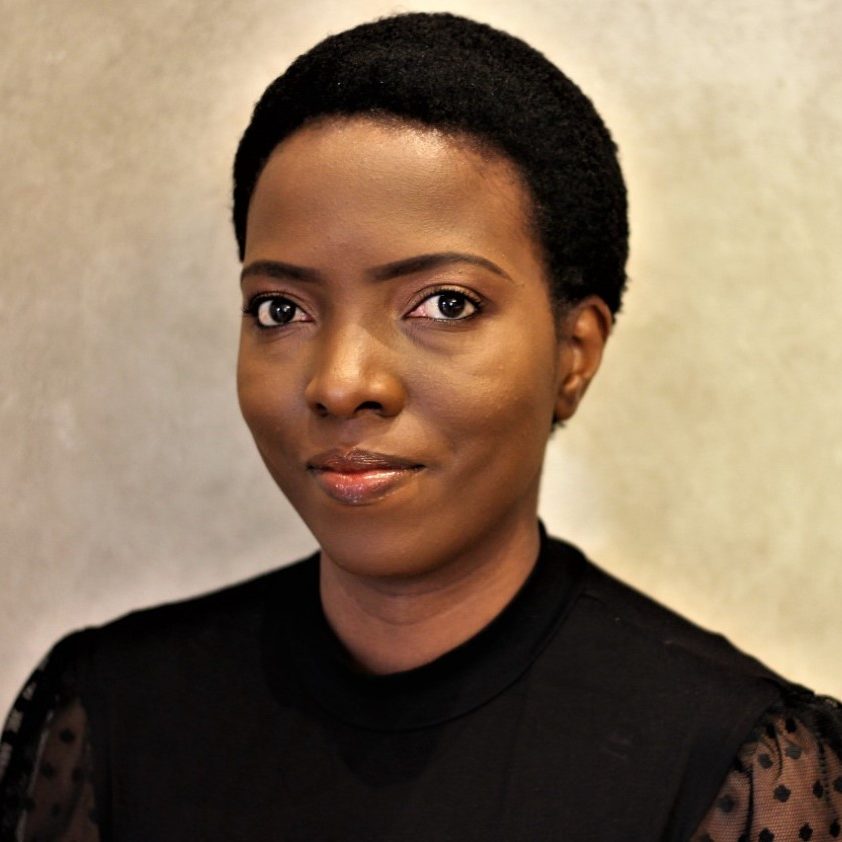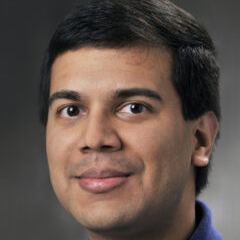Keynote Talks
Keynote Speakers
- Ridhi Kashyap, Professor of Demography & Computational Social Science at University of Oxford
- Yeukai Chideya, Clinical Social Worker and Founder of Ruremekedzo Project
- Mayank Varia, Associate Professor in the Faculty of Computing & Data Sciences at Boston University
Keynote Speakers Bios and Abstracts
Ridhi Kashyap
Professor of Demography and Computational Social Science at the University of Oxford

Ridhi Kashyap is Professor of Demography and Computational Social Science at the University of Oxford and Professorial Fellow at Nuffield College. Ridhi's research spans different topics linked to population dynamics and sustainable development, such as gender inequality, population health, family, migration, and the impacts of digital transformations on population and development dynamics. A central interest of her work has been to leverage computational methods and digital data streams from the web and social media for social and demographic research. She leads the Digital Gender Gaps project (www.digitalgendergaps.org).
The digital revolution and gender inequality
The rapid proliferation of the internet and mobile phones has been one of the most significant social phenomena of the new millennium. In this talk, I will discuss the implications of this digital revolution for the realization of the sustainable development goals (SDGs), in particular SDG 5 on gender equality, and introduce ongoing work done as a part of the Digital Gender Gaps project (www.digitalgendergaps.org). The project asks: 1) How has the spread of digital technologies affected women’s empowerment, in outcomes linked to health, economic and social domains in low- and middle-income countries? 2) Are there gender gaps in the adoption of internet and mobile technologies, and how do these look across the world? I will present findings that touch upon both complementary streams of research, leveraging population surveys, geospatial and social media datasets.
Yeukai Chideya
Clinical Social Worker and Founder of Ruremekedzo Project

Yeukai Chideya is a clinical social worker with extensive experience working with refugees and people affected by humanitarian crises. From 2011 to 2020, she held several senior managerial positions at the Trauma Centre for Survivors of Violence and Torture in Cape Town, South Africa. Part of Yeukai's responsibilities included providing psychosocial support to the refugee population in Cape Town. In 2014, Yeukai founded the Ruremekedzo Project, an organization committed to offering relief and assistance to those affected or displaced by humanitarian crises in Africa and beyond. Since 2020, Yeukai has worked as a research project manager within the Institute for Life Course Health Research at Stellenbosch University, where she is enrolled as a PhD candidate in Public Health. Her research interests are trauma, sexual reproductive health, mental health, and refugee studies.
Restoring the Dignity of People in Crisis: A Role for Technology
Abstract: In a world marked by rising conflicts and forced displacement, asylum seekers and refugees continue to seek refuge in foreign lands, seeking a better life. However, this vulnerable population encounters numerous challenges in their host countries, where resources to support them are often scarce. Addressing the complex challenges faced by asylum seekers and refugees requires collaborative efforts from individuals, the private sector, non-profit organizations, and governments. This talk will provide an overview of the experiences of asylum seekers and refugees in South Africa. It will also share the speaker’s personal mission to provide assistance and relief to people displaced by humanitarian crises, emphasizing the importance of collective action in alleviating their suffering. Furthermore, it will explore the vital role that technology can play in restoring the dignity of people in crisis.
Mayank Varia
Associate Professor in the Faculty of Computing & Data Sciences at Boston University

Mayank Varia is an Associate Professor in the Faculty of Computing & Data Sciences at Boston University, where he leads the Hub for Civic Tech Impact. His research explores the computational and social aspects of cryptography, and his work has been featured in media outlets like CNET, The Hill, and ZDNet. He served on the United States Advisory Committee on Data for Evidence Building, and he serves on the United Nations Privacy-Preserving Techniques Task Team to promote the use of cryptographically protected data analysis and shape the laws and policies surrounding its use. He received a PhD in mathematics from MIT in 2010.
Cryptographically Protected Data Science for All
Abstract: In a data-driven society, cryptography offers the promise of making data science more accessible by allowing people to crowdsource and pool their data for the sole purpose of conducting an analysis with social benefit. In this talk, I will describe the design of equitable and scalable systems for cryptographically protected data science. I will also discuss the deployment of these systems to measure the gender and racial wage gap in Boston and to match survivors of sexual assault in a privacy-respecting manner.